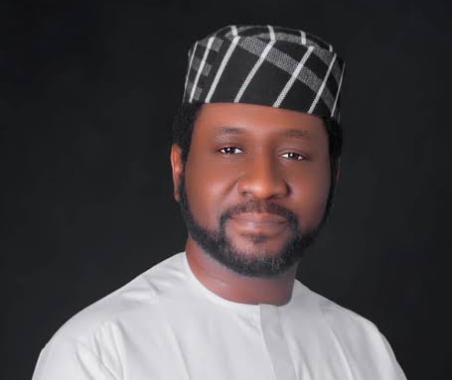The deputy chairman, House of Representatives Committee on Environment, Hon. Terseer Ugbor, has said that wildlife poaching is not just a crime against nature but a threat to the planet.
He disclosed this during the first reading of a Bill sponsored at tackling wildlife trafficking, protecting endangered species and ensuring Nigeria’s compliance with global conservation treaties, in the House of Representatives.
LEADERSHIP reports that the new Endangered Species Conservation and Protection Bill scaled the first reading stage in the House during the week.
The Bill, which now awaits listing for second reading after a debate on its general principles, will thereafter be referred to the House Committee on Environment for further scrutiny by lawmakers and public inputs.
However, it was further gathered that the Bill, prepared by Federal Ministry of Environment and sponsored by Hon. Ugbor, would update and greatly improve current Nigerian laws against trafficking wildlife and endangered species.
It would further disrupt and deter illegal wildlife trade within the country by enhancing law enforcement capabilities, increase investigative powers to include financial enquiries and intelligence-led operations, as well as expands courts’ ability to expedite wildlife cases and recover assets.
It also creates corporate liability, supports international cooperation and imposes stringent penalties on traffickers and poachers.
“Wildlife trafficking is not just a crime against nature; it is a threat to our planet’s delicate balance. This Bill ensures that we act decisively to protect and preserve these irreplaceable components of our natural heritage, recognizing our responsibility to future generations. This legislation is not just about what happens within these legislative walls; it’s about a collective effort. In the face of escalating environmental challenges, this bill is a beacon of hope.
“It reflects our commitment to a sustainable future, where humans and wildlife coexist harmoniously. Let us pass this legislation for the sake of our planet, for the generations to come, and for the preservation of Nigeria’s natural heritage. If enacted, the legislation would bring Nigeria in line with international standards and agreements. By aligning domestic legislation with global treaties and conventions, Nigeria demonstrates its commitment to being a responsible and active participant in the global effort to tackle wildlife trafficking and protect endangered species such as lions, elephants, gorillas, pangolins, chimpanzees and many more,” Hon. Ugbor argued.
Africa Nature Investors Foundation (ANI), the London-based Environmental Investigation Agency (EIA) and Wild Africa Fund (WAF) have been actively supporting the Nigerian Government’s efforts to fight illegal wildlife trafficking, with support from the UK Illegal Wildlife Trade Challenge Fund and the US Bureau of International Narcotics and Law Enforcement Affairs.
ANI Executive Director, Tunde Morakinyo, said the Foundation will continue to work with its partners to support the swift enactment of the Bill into law.
“The enactment of this landmark bill will strengthen efforts to address wildlife crime in Nigeria and its reintroduction in the House of Representatives attests to the resolve of the Nigerian government to find a lasting solution to the problem. ANI Foundation will continue to work with its partners to support its swift enactment,” Morakinyo stated.
On her part, the executive director, EIA UK, Mary Rice, urged Nigerian lawmakers to see through the enactment of the Bill without delay.
“Criminal justice responses against wildlife trafficking can only succeed within the framework of robust legislation, enabling investigators, prosecutors and the judiciary to deliver justice. EIA is proud to have supported the development of this Bill so far, and urges Nigerian lawmakers to see through its enactment without delay.
“If passed swiftly, this state-of-the-art legislation will make Nigeria the regional leader it needs to be in fighting wildlife crime and help wildlife across the African continent,” WAF CEO, Peter Knights, added.
We’ve got the edge. Get real-time reports, breaking scoops, and exclusive angles delivered straight to your phone. Don’t settle for stale news. Join LEADERSHIP NEWS on WhatsApp for 24/7 updates →
Join Our WhatsApp Channel










